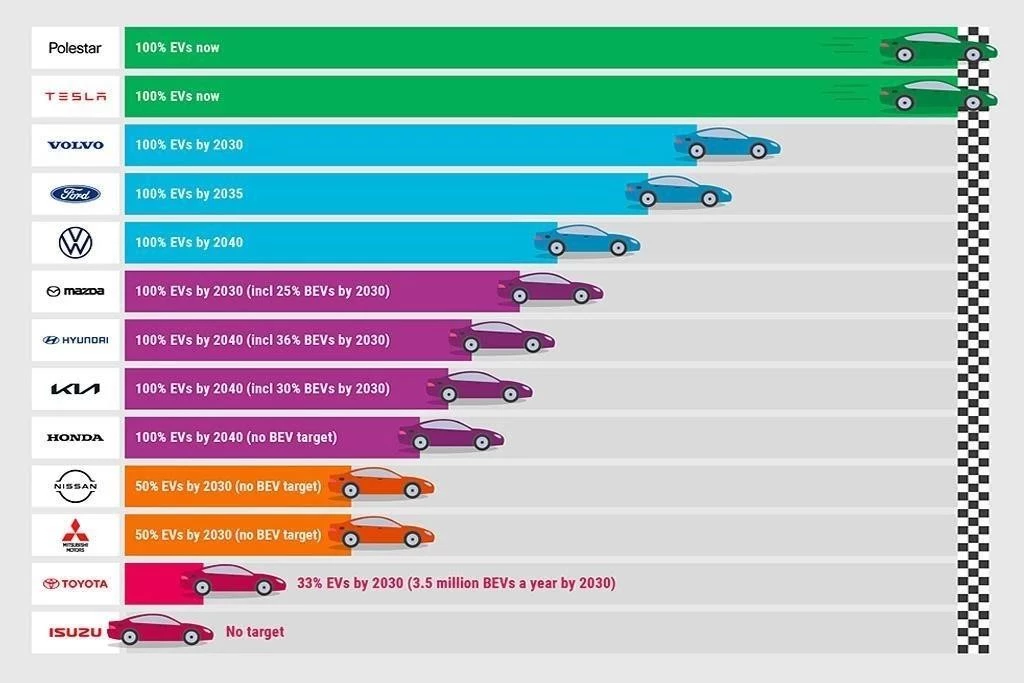While the electric vehicle (EV) market is experiencing significant growth, propelled by environmental concerns, a new report highlights a concerning aspect⁚ human rights issues within the supply chains of major EV manufacturers. The report, by Amnesty International, assesses the human rights due diligence of 13 leading EV companies.
The study reveals that many manufacturers are failing to adequately address risks in their mineral supply chains. These supply chains are crucial for acquiring materials like cobalt, lithium, and nickel, necessary for EV batteries. The report indicates a lack of transparency and robust human rights checks within these processes.
Amnesty International Report Findings
The report “Recharge for Rights” scored each of the 13 companies based on their policies and practices. BYD, Mitsubishi and Hyundai ranked the lowest, indicating the weakest human rights due diligence policies and practices. In contrast, Mercedes-Benz and Tesla ranked highest, although still showed areas in need of improvement.
The report stresses the urgent need for EV companies to prioritize human rights. It calls for greater transparency in supply chain mapping and a proactive approach to identify and address human rights risks. Failing to address these issues could result in difficulty in selling batteries in the EU due to new obligations regarding battery components.
Supply Chain Issues
The issue extends to the mining of raw materials. The report found human rights abuses in nickel supply chains in Philippines and Indonesia. This suggests widespread problems affecting various regions and materials. The rapid expansion of mines to meet the increasing demand for EVs has caused serious environmental and social concerns.
The pressure to achieve net zero emissions has led to a surge in EV production. While EVs offer environmental benefits, these should not come at the cost of human rights. The report calls for collaboration between mining companies, EV manufacturers and investors to ensure ethical practices.
Moving Forward
The report recommends the industry work towards completely ethical batteries within five years. It highlights the need for companies to be able to identify their smelters and refiners and make public their assessments of their due diligence. This includes working with partners to improve conditions in the supply chain.
The future of transportation must be sustainable both environmentally and ethically. The EV industry has a crucial responsibility to ensure human rights are respected along the supply chain. Consumers and governments must hold these companies accountable.



